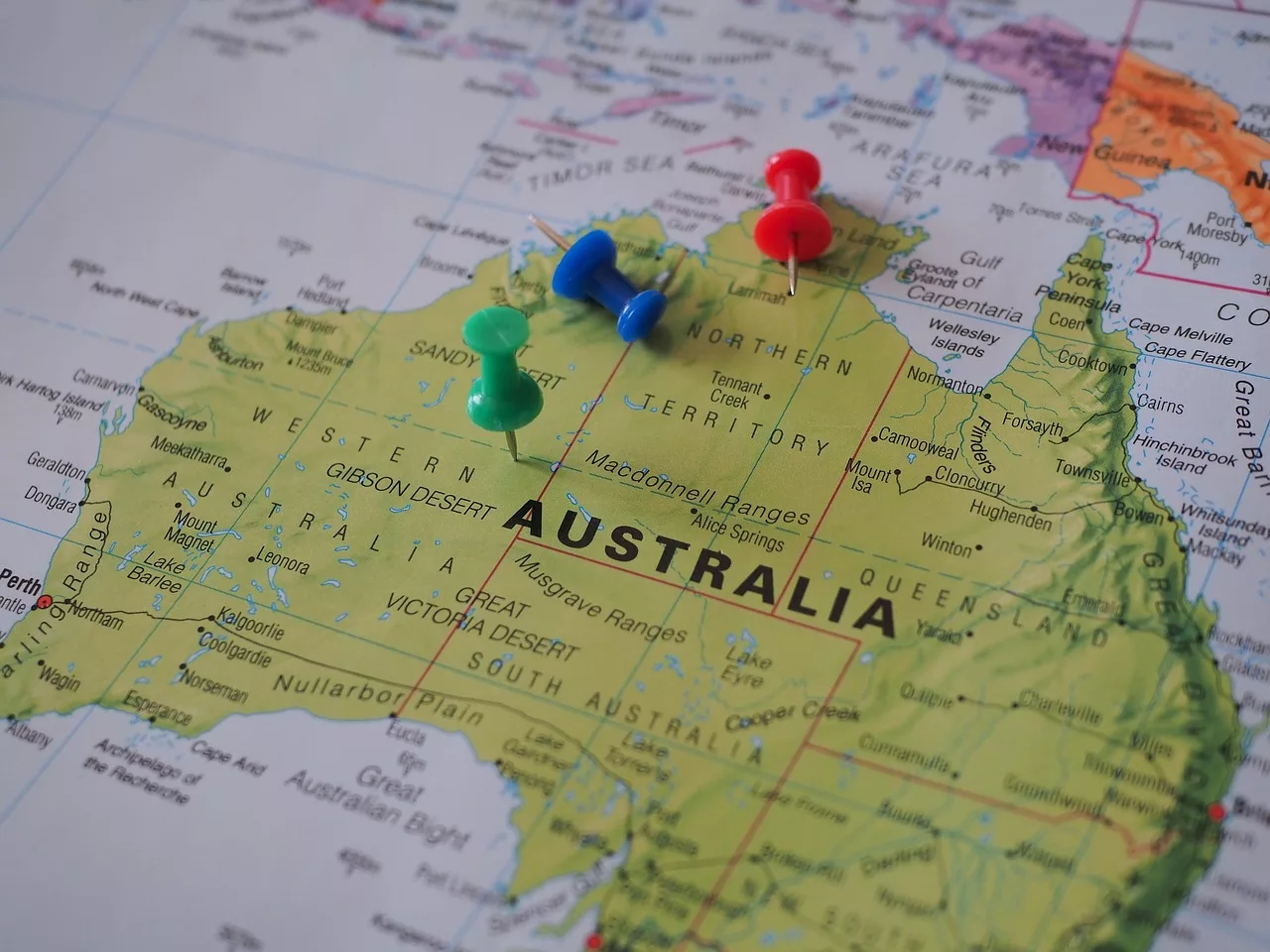Australia’s medical cannabis market is experiencing rapid growth, with projected revenues increasing from approximately $600 million in 2024 to over $1.2 billion by 2028, according to Prohibition Partners’ Global Cannabis Report: 5th Edition. This growth rate is expected to outstrip that of Europe, where the total medical cannabis sales are forecasted to exceed $2.2 billion by 2028, positioning Australia as a major player in the region.
Despite this promising outlook, the surge in imports—primarily from Canada—has raised alarms among local stakeholders. Medical cannabis imports into Australia nearly doubled from 2022 to 2023, climbing from 24,887 kg to 42,104 kg. In 2023, Canadian products comprised 80% of these imports, with nearly 34,005 kg entering the market, significantly outpacing the next highest exporter, South Africa.
Local producers, represented by the Australian Cannabis Cultivators Guild, are voicing concerns over the overwhelming volume of imported cannabis. They warn that without protective measures, local cultivators may face catastrophic failures and bankruptcies, which would jeopardize the Australian supply chain in the long run. The guild stated that the current trend could result in a market dominated entirely by imports, particularly from countries without reciprocal import agreements.
One local cultivator highlighted quality control issues, arguing that imported cannabis often does not meet the same standards as domestic products, putting local producers at a disadvantage. This has prompted the Australian Department of Agriculture, Fisheries and Forestry (DAFF) to engage with the Australian Medicinal Cannabis Association to address storage issues caused by a 700% increase in cannabis imports since 2022.
To mitigate the impact of these imports, some industry leaders are calling for government action, including potential tariffs on Canadian cannabis. Israel has already threatened to impose tariffs of 165% on Canadian imports, a move that has caught the attention of Australian industry stakeholders. Peter Koetsier, chair of the Medicinal Cannabis Industry Association (MCIA), noted that while the board has not officially explored tariffs, the topic has been discussed among various companies.
Emily Rigby, chair of the Australian Cannabis Cultivators, emphasized the need for a level playing field for local producers, particularly in light of the lengthy licensing processes that local companies face compared to their international counterparts. She pointed out that while local firms may wait years for licenses, overseas companies often secure them in weeks, contributing to an imbalance in production capabilities.
Nan-Maree Schoerie, managing director of ECS Botanics, shared similar frustrations. She indicated that her company had to export about 30% of its product due to an inability to meet local demand, attributing this to the influx of Canadian cannabis. She stated that local producers cannot compete effectively against Canadian growers benefiting from lower production costs and government subsidies.
While many producers support the idea of imposing tariffs similar to those proposed in Israel, the Australian government has yet to signal any intent to implement such changes. As the market evolves, the tensions between importers and local cultivators continue to mount, raising questions about the future landscape of the Australian medical cannabis industry.



